Ready or not, here it comes:
- To begin today, we take a brief pause from OTAs mania to acknowledge the death of Muhammad Ali with a little bit of a Steelers twist. Or to be completely accurate, to acknowledge it with a little bit of a Myron Cope twist.
- On June 21, 2005, the day Cope announced his retirement as the color analyst on the Steelers Radio Network, he cracked, "I've often thought that, when I kick the bucket, there'd be a story that said, 'Creator of Towel, dead.' Truthfully, I was gifted and educated to be a writer. I made it as a writer. That is what I was trained to be and that's what I wanted to be. That's what I thought I had a gift for. I would like to be remembered as a pretty decent writer."
- I'm tickled to be able to make an attempt at doing just that for Myron one more time. Right here, right now.
- Cope began as a newspaper reporter who then became one of the preeminent freelance magazine writers of his era. When The Hearst Corporation marked the occasion of its 100th Anniversary, it recognized Cope as one of 54 individuals "who represent the achievements of all of their co-workers in the past century." Among the other 53 recognized were Mark Twain, Jack London, Walter Winchell, and Sidney Sheldon.
- In 1963, Cope won the E.P. Dutton Prize for "Best Magazine Sportswriting in the Nation." That story, written for True, The Man's Magazine in 1962 was about a 20-year-old heavyweight boxer from Louisville. His name at the time – Cassius Clay. Part of the interview was conducted on a train when Cope and Clay traveled together from Louisville to Miami.
- The story was headlined, "Look out, World! Here Comes Cassius." And it began like this:
- "If the world will kindly be still a moment, Cassius Marcellus Clay Jr., age 20, has something to say to it. He would like everyone from St. Louis to Sevastopol to please make a note of his name because he is the fighter of the future and is firmly convinced that sometime next year he will become the youngest heavyweight boxing champion in history. Take it from the blackboard at the entrance to the Fifth Street Gym, Miami Beach, where Cassius Clay trains. Each day the blackboard lists the fighters sparring in the gym, and when Cassius is there the board says: 'Cassius Clay – The Greatest.' Cassius, of course, writes his own billing, but inside the gym other fighters concur."
Here are some photos of legendary Steelers broadcaster and creator of the Terrible Towel, Myron Cope.

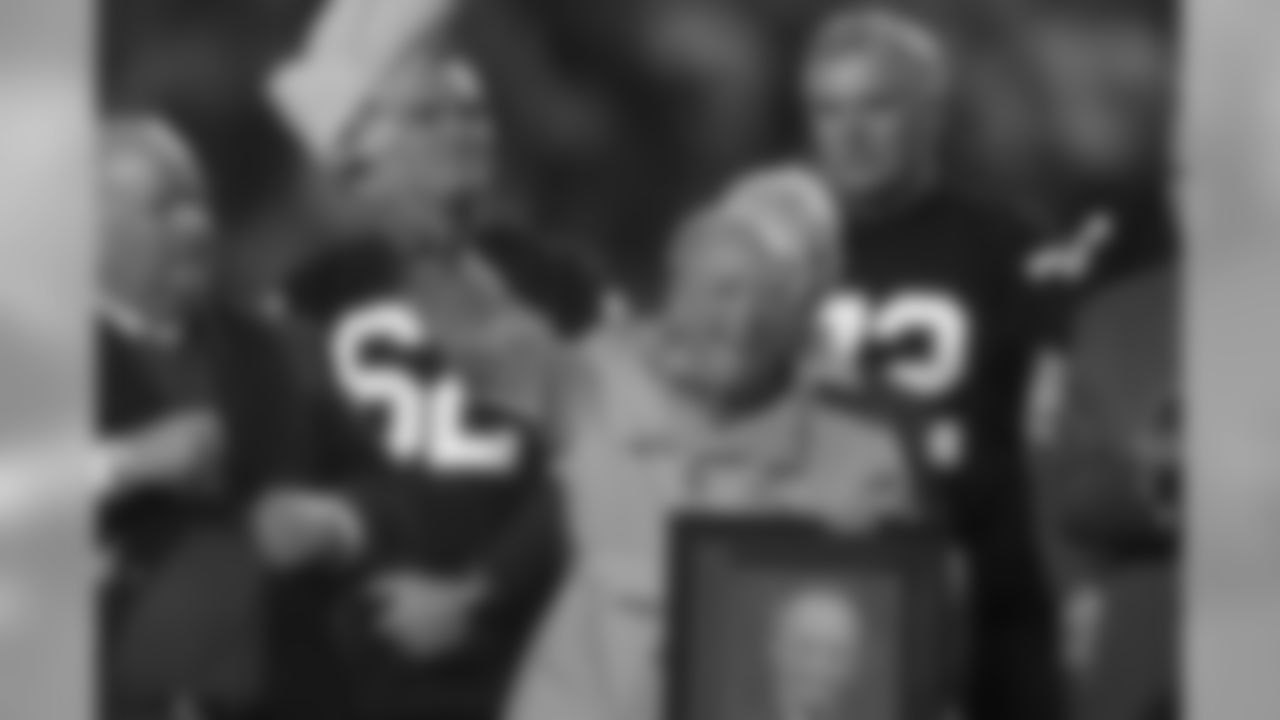

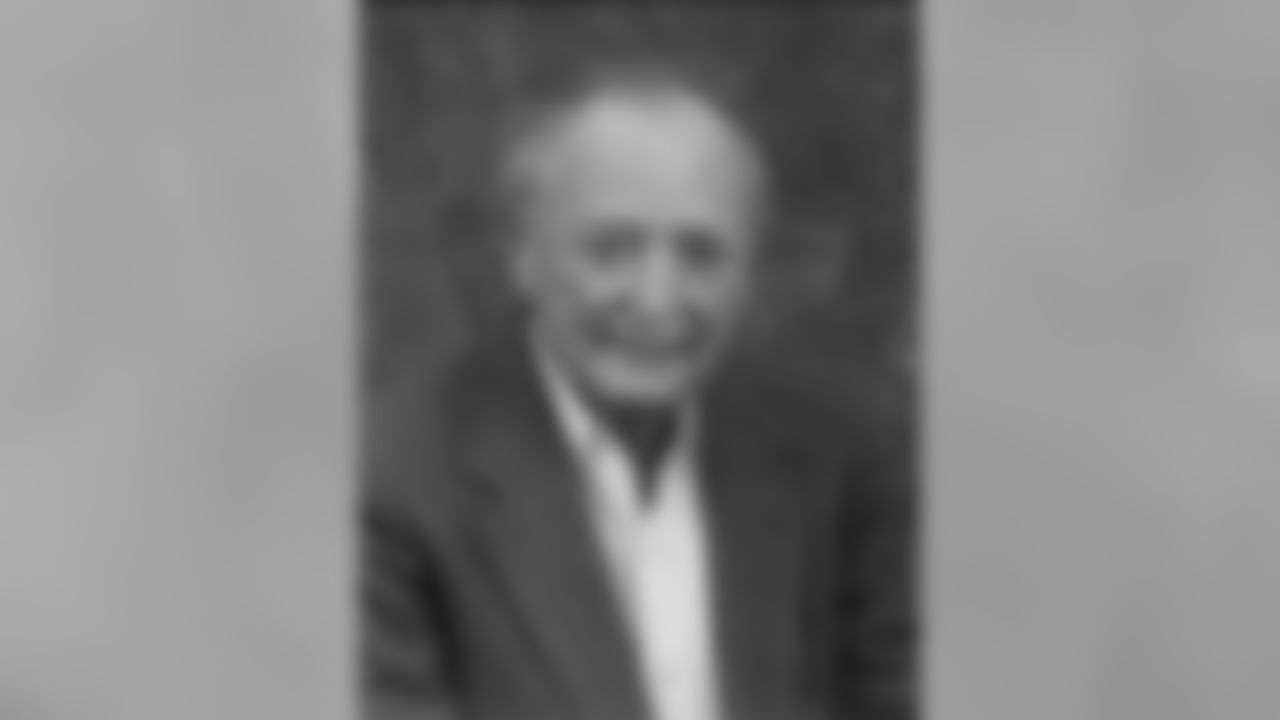
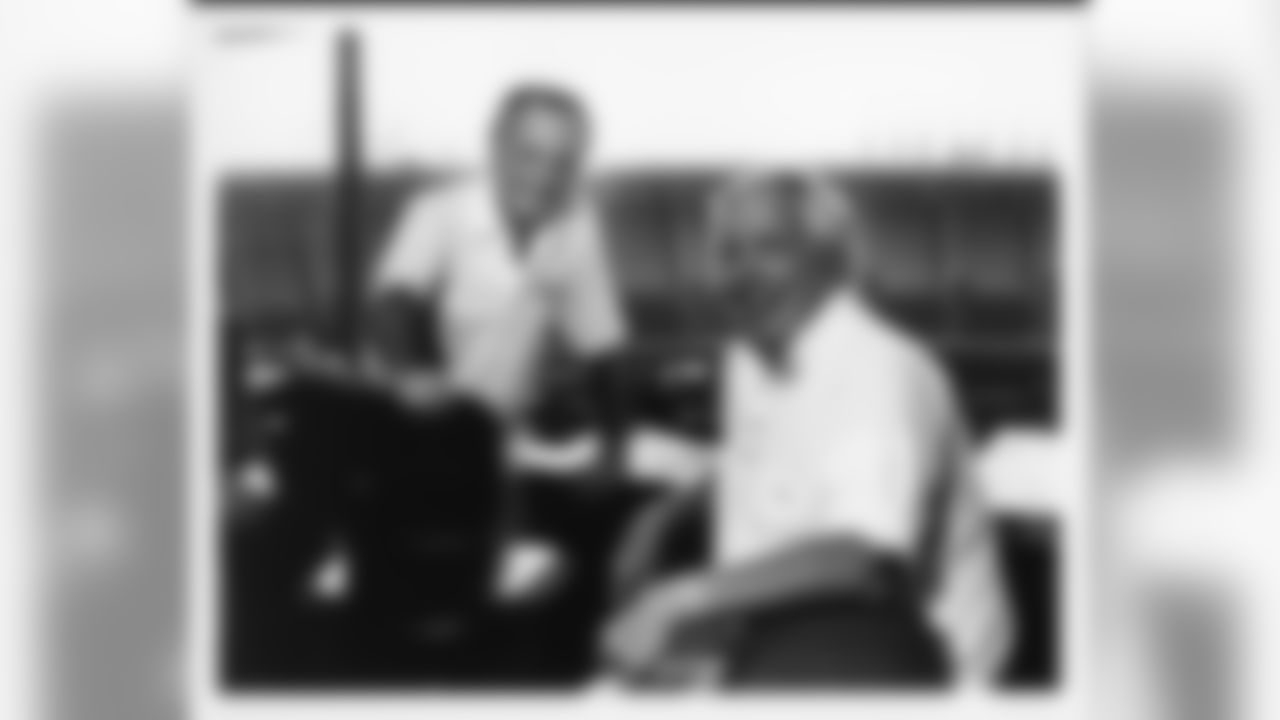

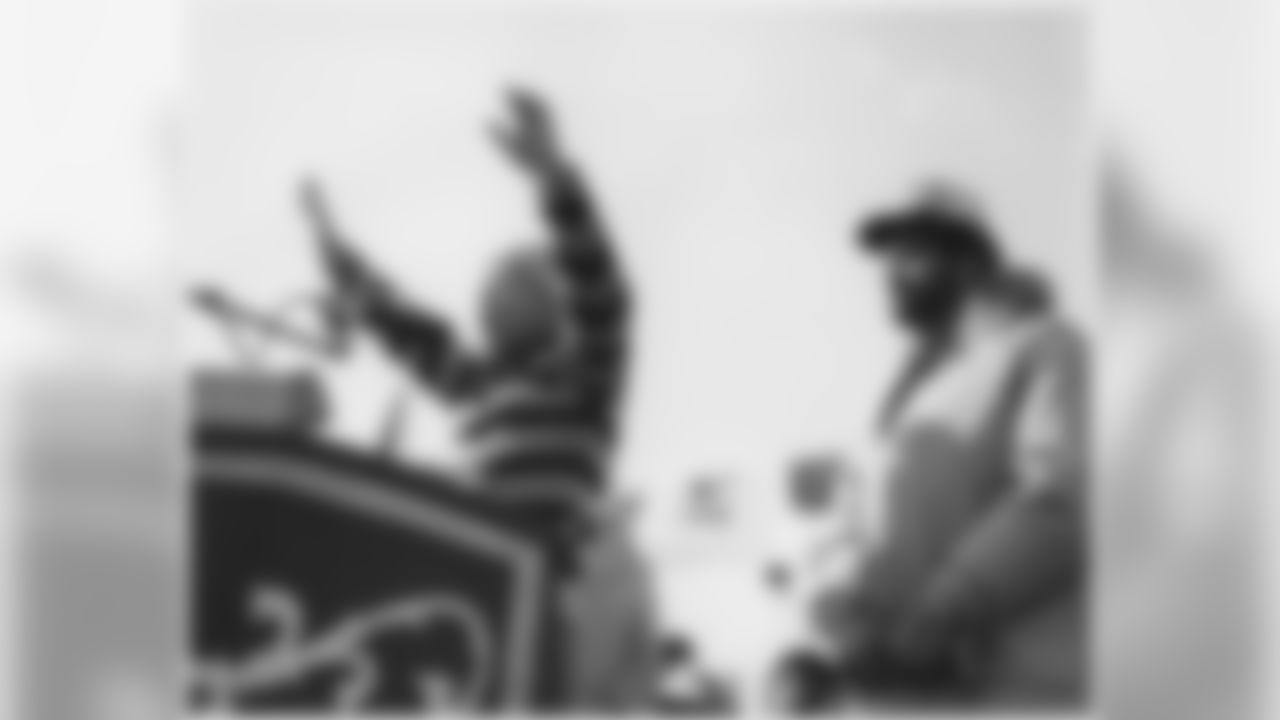



- In the story, Cope continued: "Lou Bailey, a sparring partner who has worked with both Cassius and fearsome top-ranked contender Sonny Liston, declares, 'Liston would not lay a glove on Cassius. What's Cassius' best punch? All of 'em.'"
- And then this: "The very thought of winning the title lights up Cassius' cherubic face, his great brown eyes twinkle and he flashes a boyish smile that would melt the heart of a mortgage banker."
- Just spectacular writing, and I can almost hear Cope chuckle as he typed S-e-v-a-s-t-o-p-o-l as the locale he chose to illustrate a place far away from St. Louis. I had to look it up, too, and for the record Sebastopol is a city in the southwestern region of the Crimean Peninsula on the Black Sea.
- Cope's other significant award-winning effort as a magazine writer was his profile of Howard Cosell, who became Muhammad Ali's long-time sidekick. In 2003, Sports Illustrated selected Cope's story on Cosell as one of its 50 classic articles of all time. Here is a passage from that profile, which first appeared in the magazine in 1967, a full three years before the premier of Monday Night Football:
* "Oh, this horizontal ladder of mediocrity," sighs Howard Cosell, ruminating on the people who make up a radio-television industry which pays him roughly $175,000 a year. "There's one thing about this business: There is no place in it for talent. That's why I don't belong. I lack sufficient mediocrity."
Cosell fondles a martini at a table in the Warwick bar, across the street from the American Broadcasting Company headquarters. Anguish clouds his homely face. His long nose and pointed ears loom over his gin in the fashion of a dive bomber swooping in with fighter escort.
"This is a terrible business."
It being the cocktail hour, the darkened room is packed with theatrical and Madison Avenue types. A big blonde, made up like Harlow the day after a bender, dominates a nearby table, encircled by spindly, effete little men. Gentlemen in blue suits, with vests, jam the bar.
A stocky young network man pauses at Cosell's table and cheerfully asks if he might drop by Cosell's office someday soon. Cosell says certainly, whereupon the network man joins a jovial crowd at the bar.
"He just got fired," Cosell whispers. "He doesn't know that I already know."
The man, he is positive, wants his help, but what is Cosell to do when there are men getting fired every week?
"This is the toughest, toughest, cruelest jungle in the world," Cosell grieves.
A waiter brings him a phone, and he orders a limousine and a chauffer from a rental agency. He cannot wait to retreat to his rustic fireside in Pound Ridge up in Westchester County.
It is Monday evening, barely the beginning of another long week in which he, Howard W. Cosell, middle-aged and tiring, must stand against the tidal wave of mediocrity, armed only with his brilliance and integrity.
The Steelers participate in Day 10 of the 2016 Organized Team Activities at the UPMC Rooney Sports Complex.



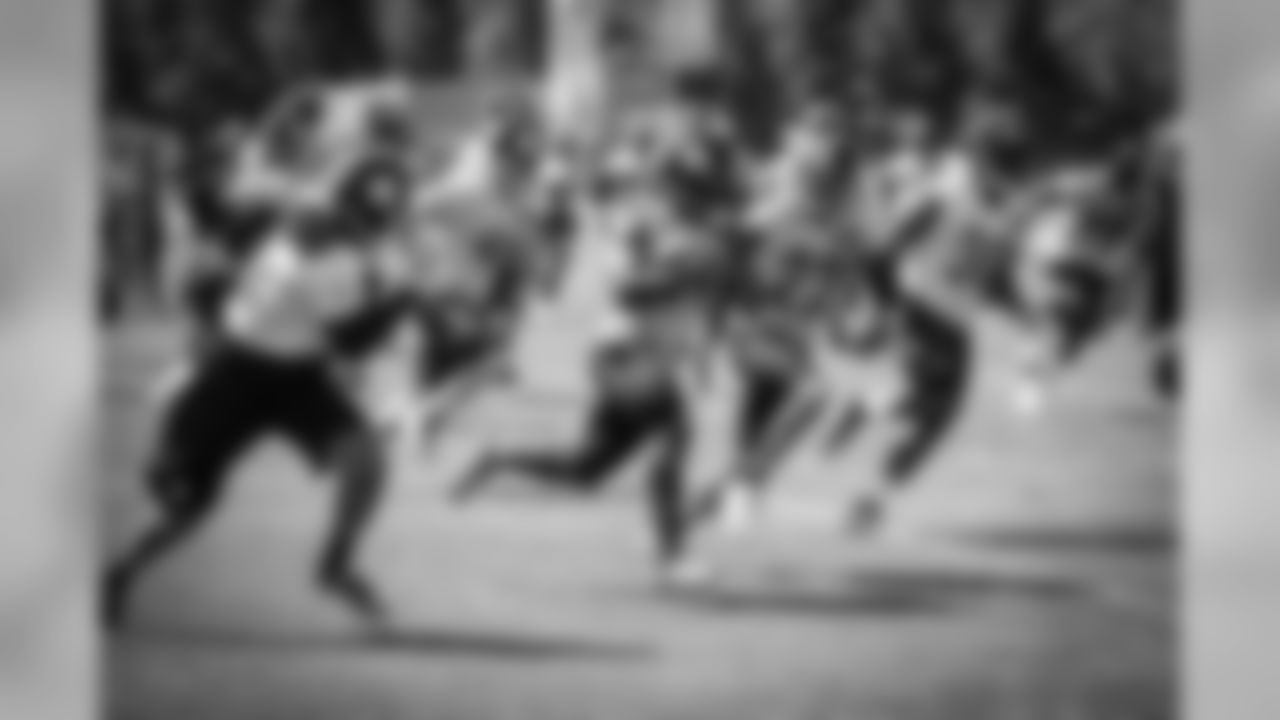



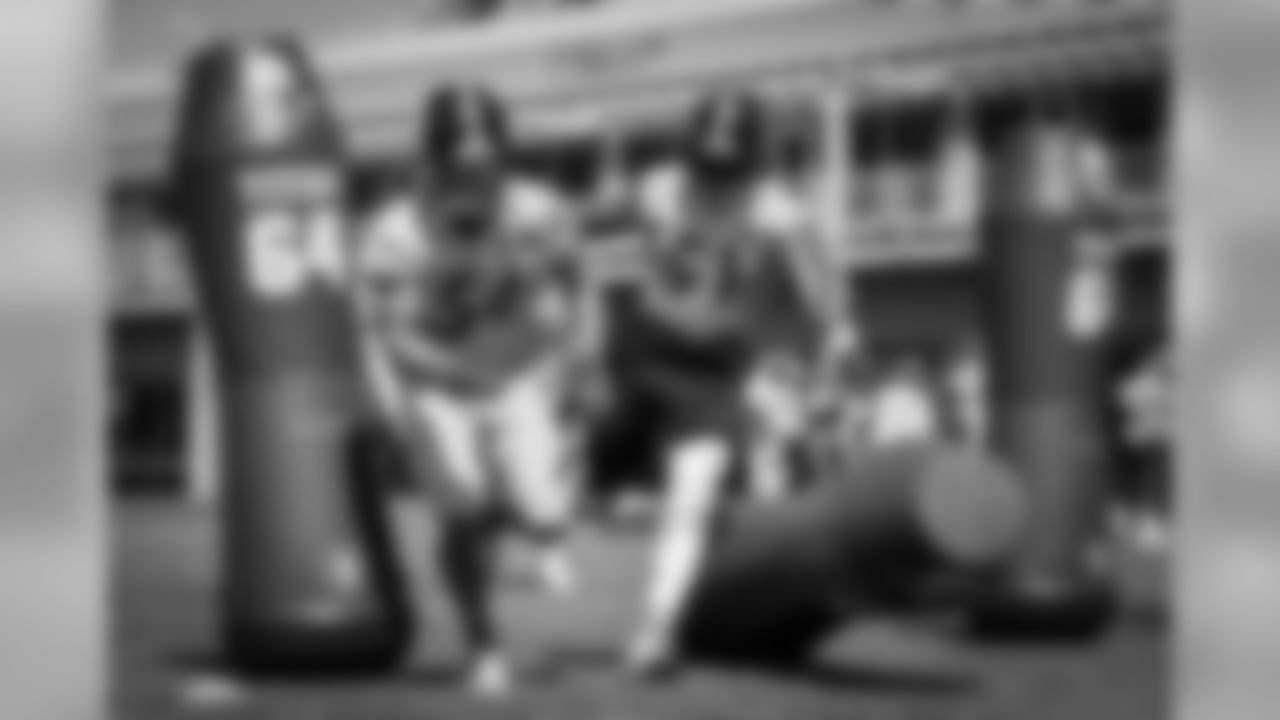







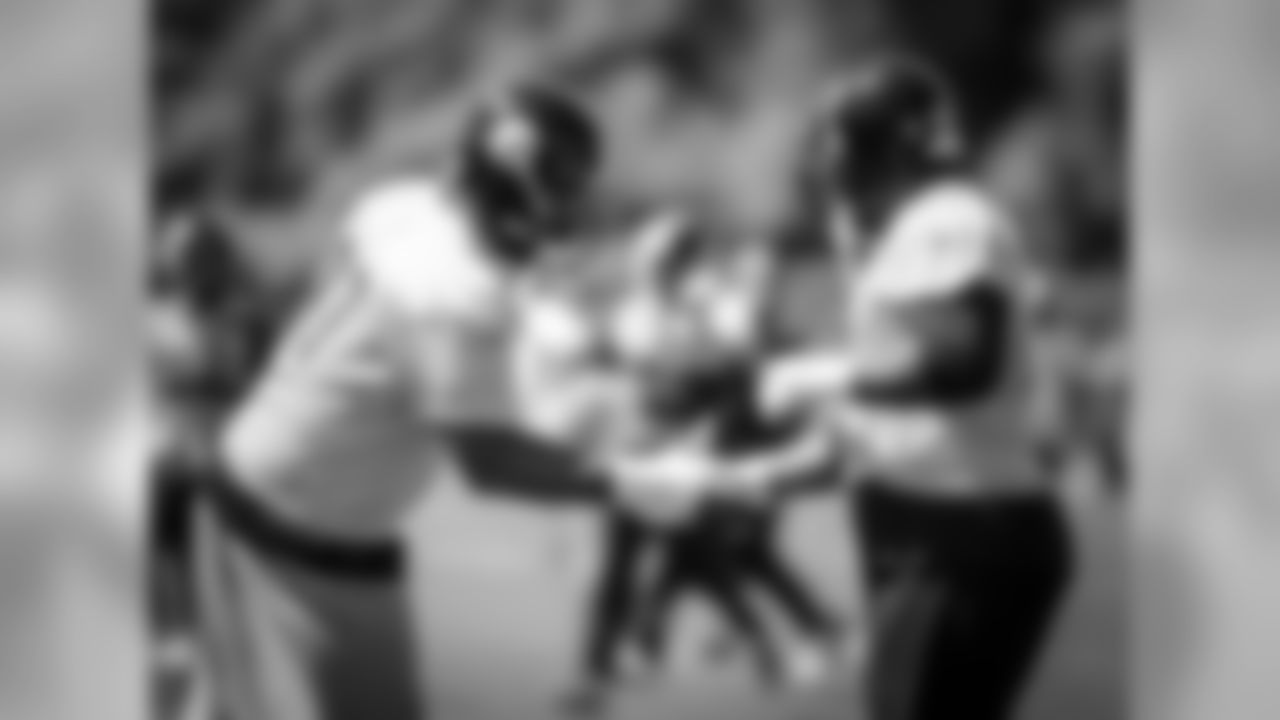

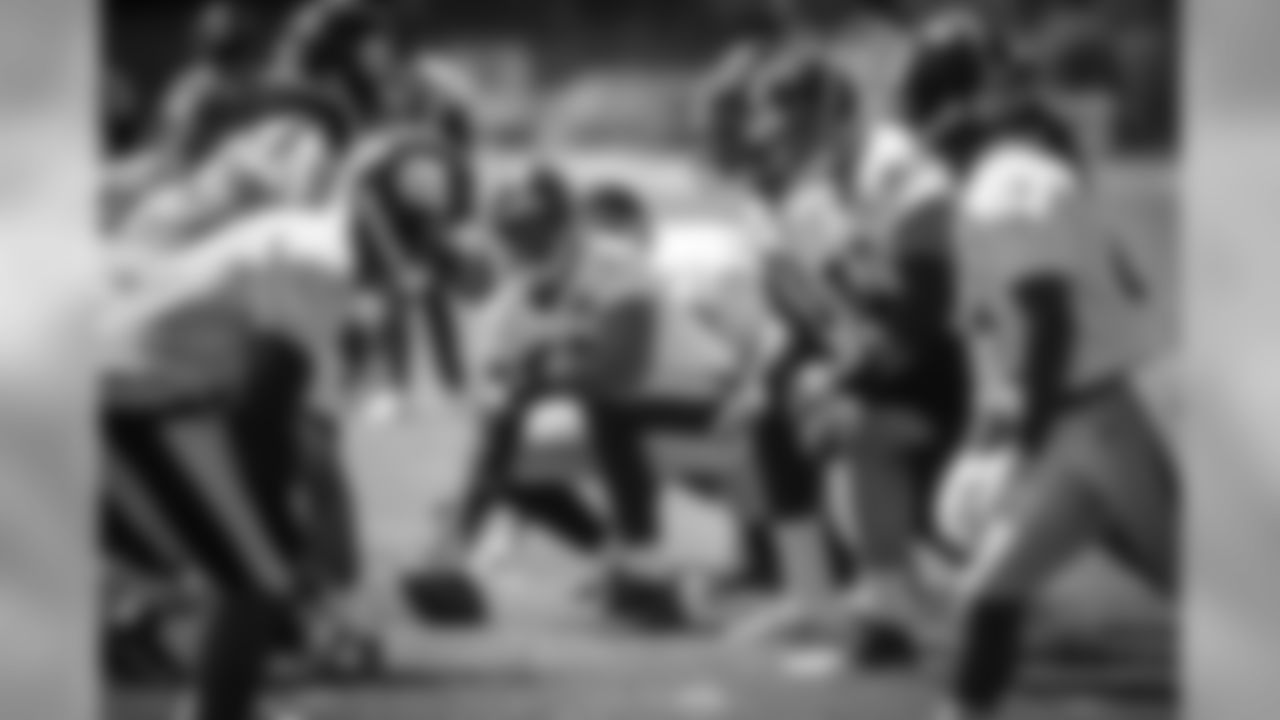



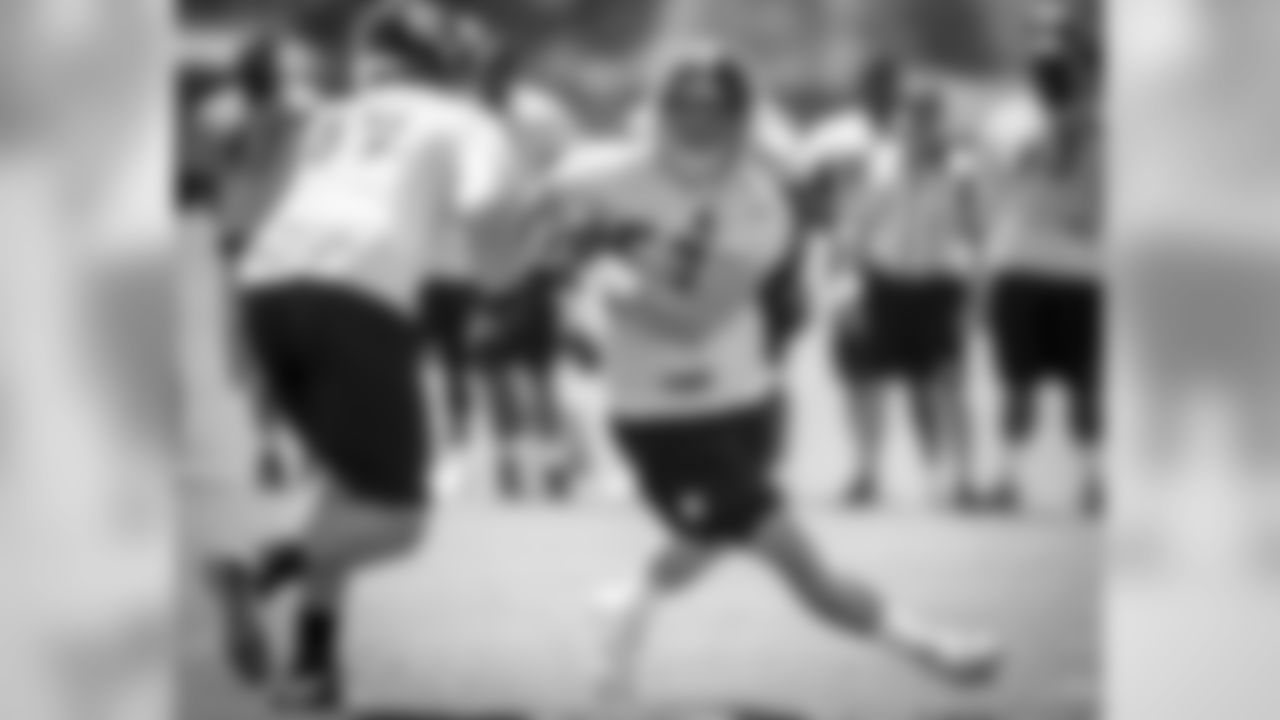

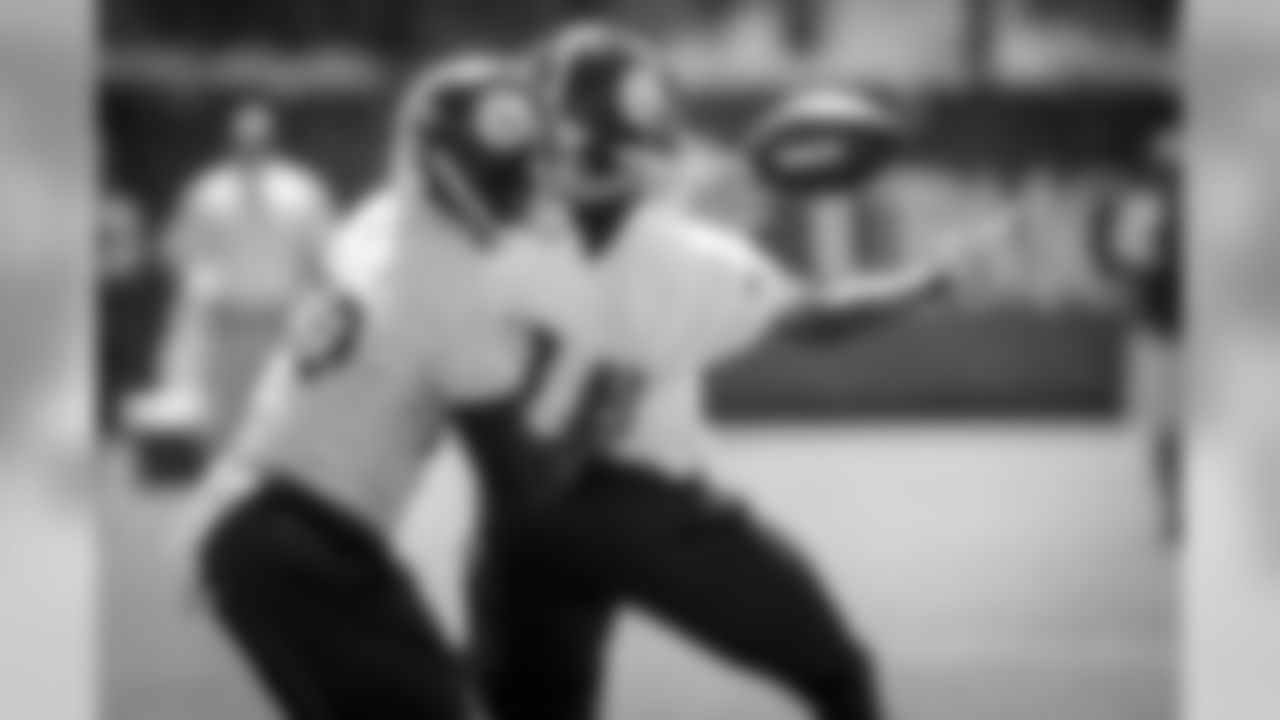

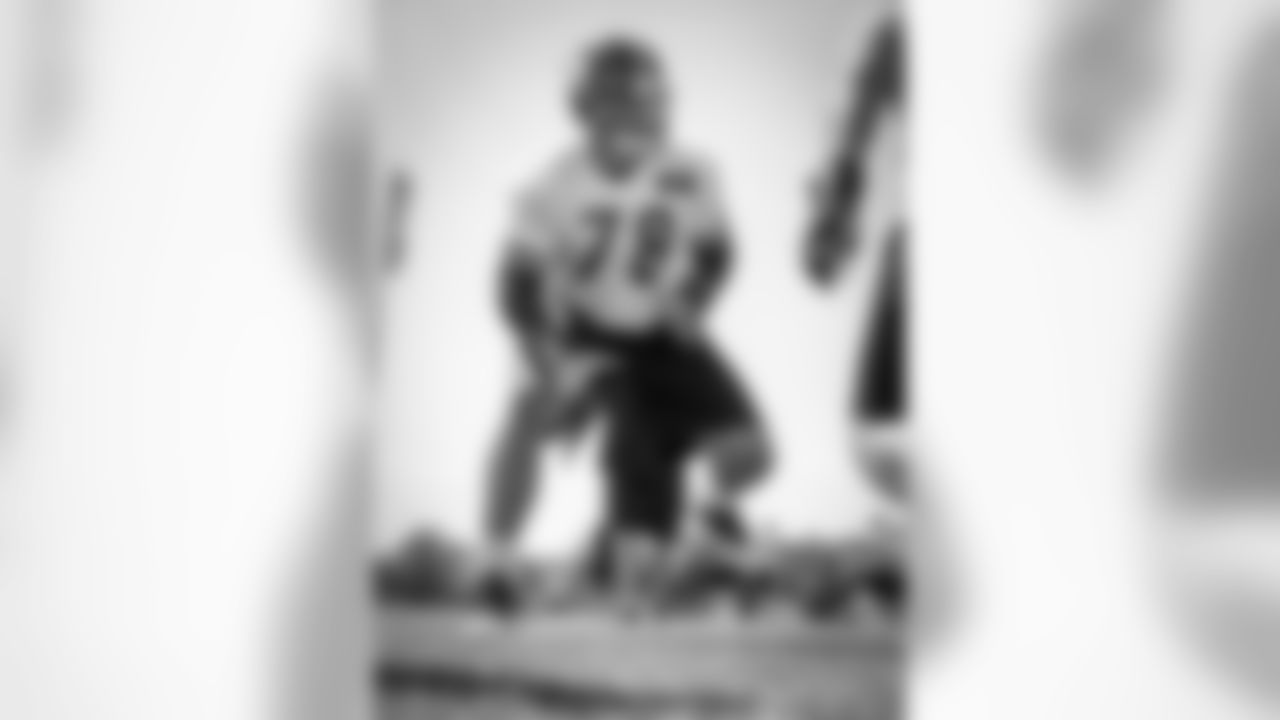


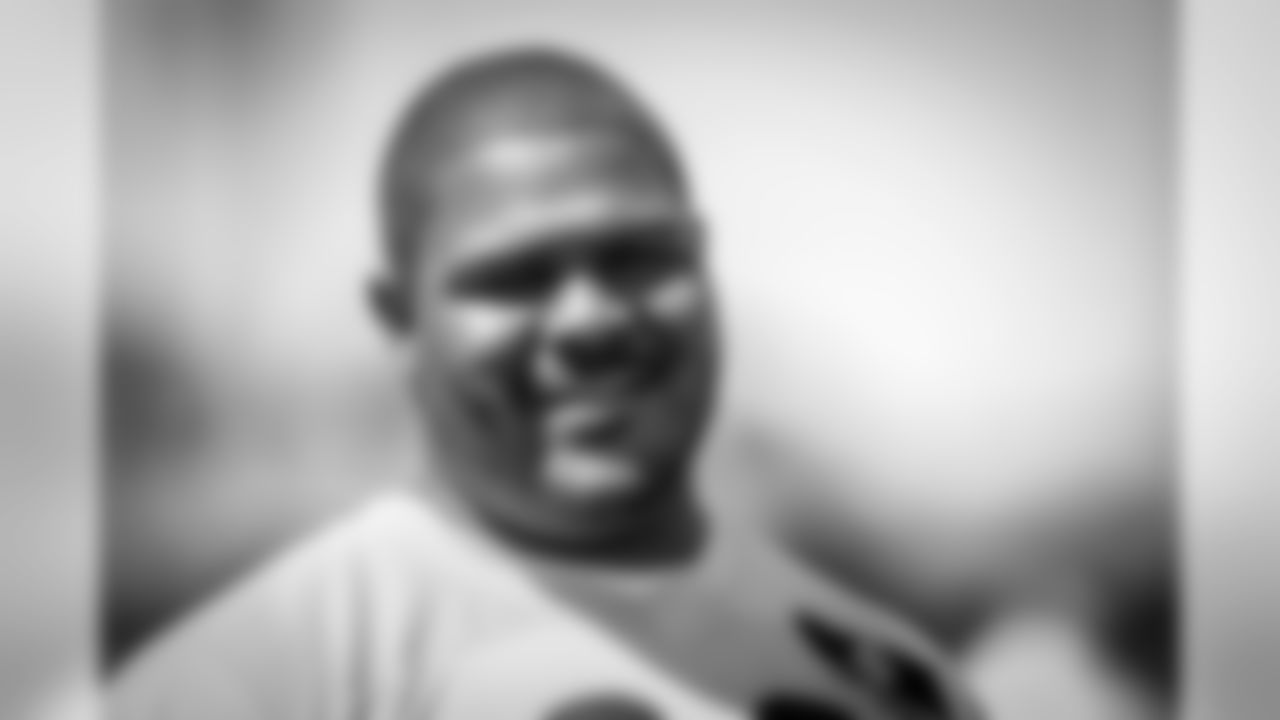

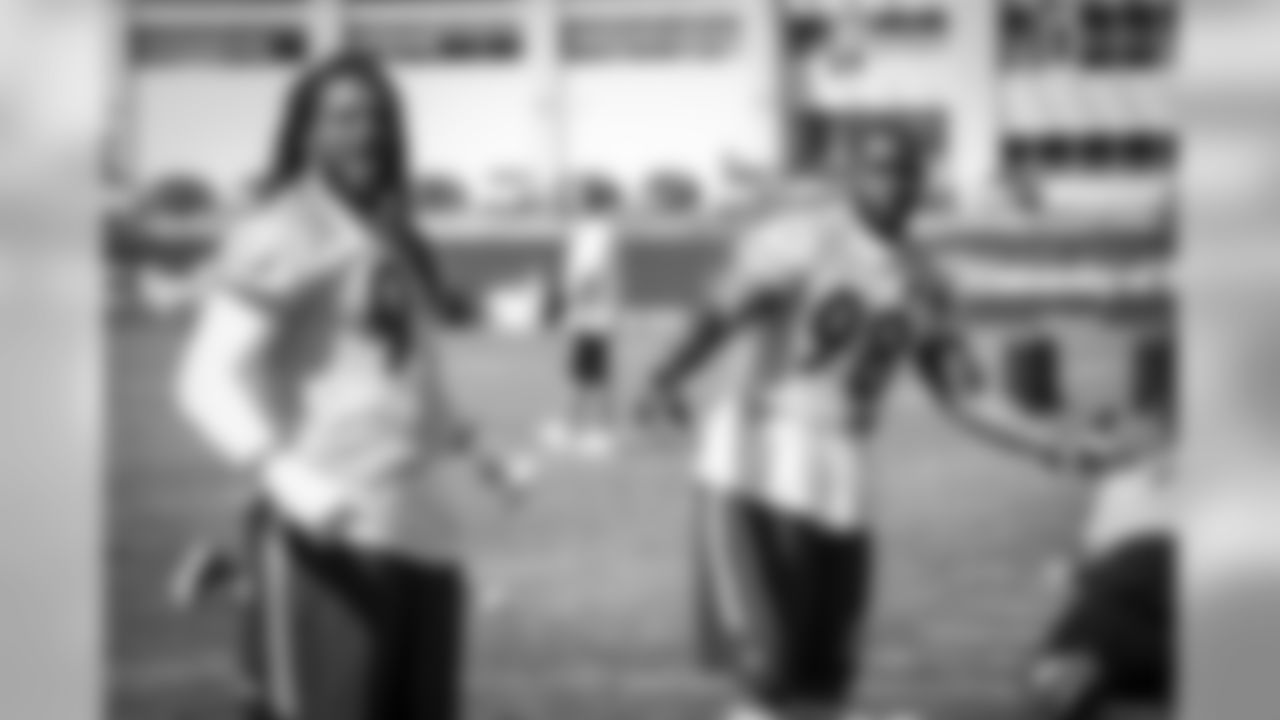



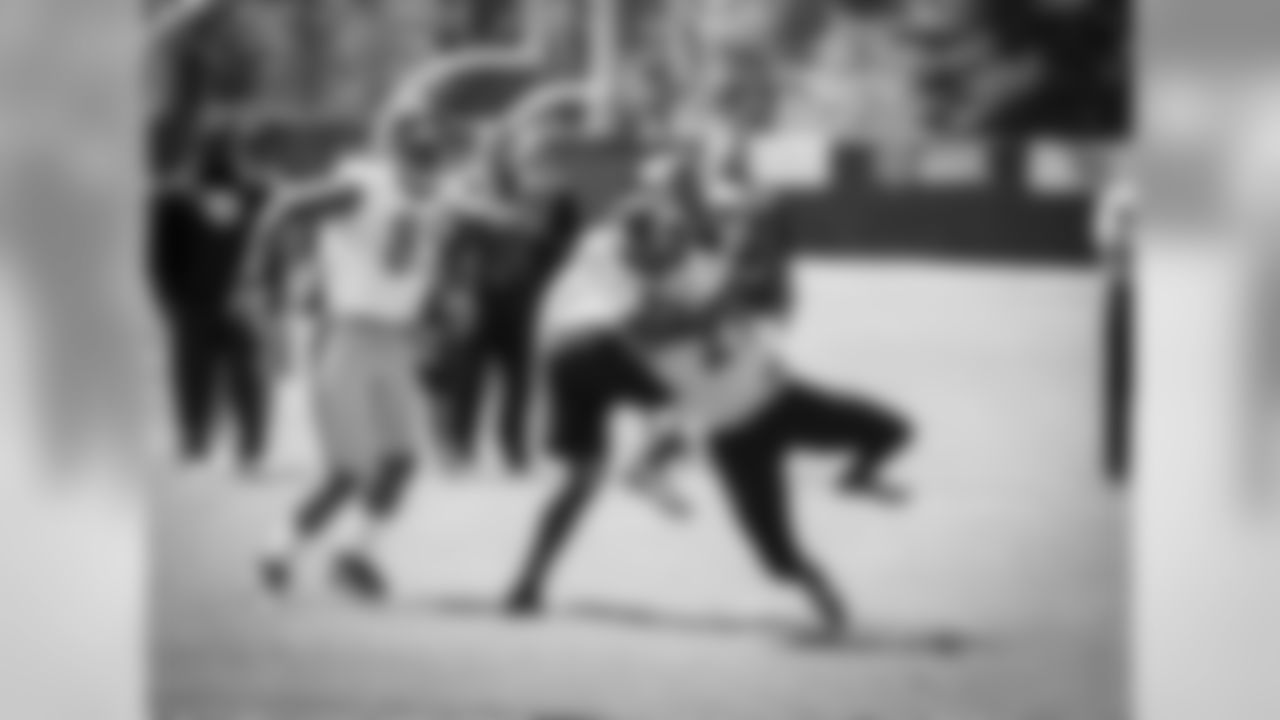
- Since you've been so kind as to stay with me this far, I'll throw in an anecdote or two from this last week's OTAs:
- It was a simple play that ended with a short pass to undrafted rookie receiver Canaan Severin, who dutifully turned up the field and sprinted down the sideline after making the catch. As Severin got up to speed, Stephon Tuitt appeared about 15 yards behind him giving chase. Standing 15 feet off that sideline, I'm here to tell you that Tuitt is a very large person who can cover a lot of ground very fast, and there is a very specific sound created by the combination that makes you take a few steps back even when it's not necessary.
- During Tuesday's OTA session, the same one that included two interceptions by Stephon Tuitt, former-nose-tackle-turned-fullback Roosevelt Nix ran a circle route out of the backfield and deep down the sideline. He had a step-plus on the linebacker covering him, and when the ball arrived he turned his body to face the quarterback, went high in the air, caught the ball, and then held onto it after crashing to the grass on his back.
- I mentioned that Nix played defensive line in college, right?
- We close this with Cope's final paragraph of his Cosell profile: "In an industry rife with intrigue, not even Cosell's detractors accuse him of having backstabbed his way to the top. He praises colleagues exuberantly when impressed by the job they've done, but he has earned enmity by also telling them straight-out—ABC's Chris Schenkel was one—that he caught their latest show and, by god, it was awful."














